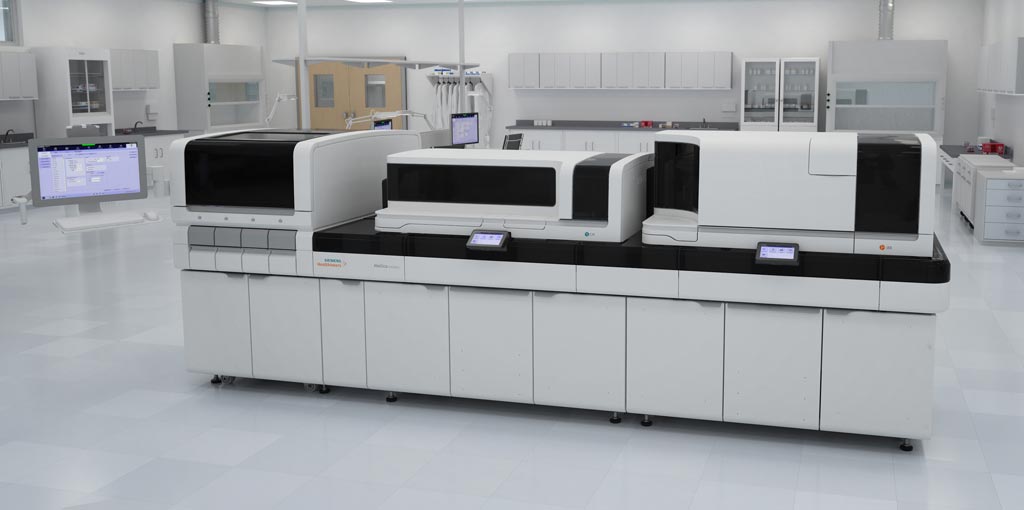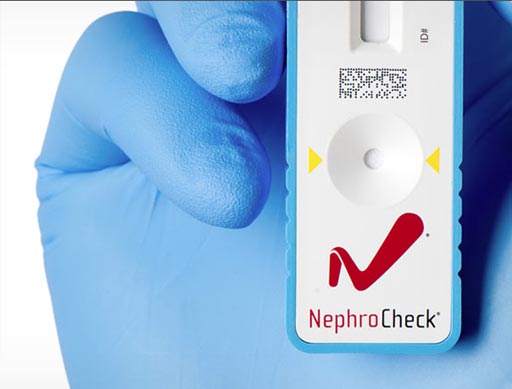Opioid Drug Abuse Testing Key Topic at Congress
By LabMedica International staff writers
Posted on 08 Jun 2017
Development of new diagnostic procedures for opioid drugs and augmenting communication pathways between laboratory, clinician, and patient are important topics that will be addressed at the July 30 to August 3, 2017, AACC Annual Meeting & Clinical Lab Expo (San Diego, CA, USA).Posted on 08 Jun 2017
In the United States - according to data reported in the December 2016 issue of the journal Morbidity and Mortality Weekly Report - opioids accounted for more than two-thirds of all drug overdose deaths in 2015, 15.6% more than the previous year, and drug overdose deaths nearly tripled between 1999 and 2014.
While official agencies and medical groups recommend clinical laboratory tests to support efforts aimed at curbing opioid drug abuse, many physicians may not be fully equipped with the knowledge required to interpret this test data for their patients. To help in this regard, nationally recognized centers, such as the Mayo Clinic (Rochester, MN, USA) have entered the limelight.
Physician requests for assistance in interpreting pain management tests at the Mayo Clinic increased after the [U.S.] Centers for Disease Control and Prevention (Atlanta, GA, USA) issued guidelines in March 2016 recommending urine drug testing before starting patients on opioid therapy and for monitoring them afterward. This guideline and others are driving the testing, but also leading to more confusion in terms of which type of laboratory tests to use - for example, immunoassays versus definitive methods - which specific tests to include, the frequency, and how to interpret those tests.
To help out, the Mayo Clinic now deploys many tools to help providers navigate the nuances of drug testing. Mayo’s online test catalog includes a primer on interpreting drug tests for compliance, along with short “hot topic” videos and other online educational tools.
Other institutions are also rising to the challenge. Vanderbilt University (Nashville, TN, USA) for example, now makes it possible for physicians to request interpretative services at the time they order a test.
In response to the opioid crisis, discussions at the AACC Annual Meeting will emphasize that clinical labs and their physician clients need to work together to stay abreast of drug testing needs in their local communities.
Related Links:
AACC Annual Meeting & Clinical Lab Expo
Mayo Clinic
Centers for Disease Control and Prevention
Vanderbilt University













